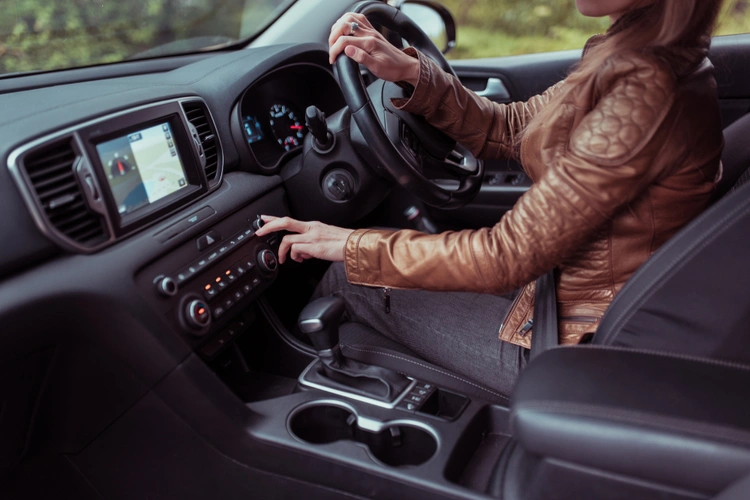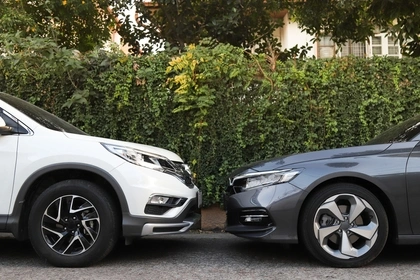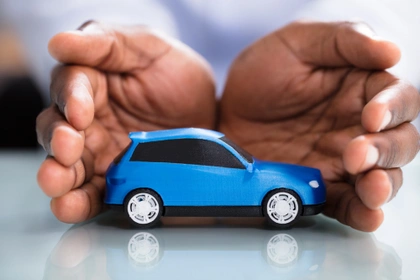Are automatic cars more expensive to maintain?
Although car insurance is generally more expensive for automatic cars, there is the potential to offset this cost elsewhere. For example, they are much more fuel efficient than they used to be. If you drive long distances quite often, the money you save on fuel could add up to a fair bit.
On the flip side, automatic cars tend to be more expensive to buy because the automatic gear box is much more complex, making production costs higher. This is especially true in Europe where automatic cars are far less common, driving the price up even more.
Whether you get a manual or automatic car depends on how you, the driver, use the car and how long for.
Why are automatic cars more expensive to repair?
As mentioned above, automatic cars cost more to make, due to their complex gearboxes. Therefore, they cost more to fix, and their parts are more expensive to source. Car insurers take these factors into account when giving you a quote, so this is what could make your insurance more expensive.
Are automatic cars more expensive to tax?
How much you pay in car tax is partly based on Co2 emissions. This means that electric cars (all of which are automatic) are exempt from car tax, as well as not being subject to the £40,000 rule. If you want to cut tax costs as an automatic car driver, you may want to go the whole hog and get an electric car. They are much better for the environment, too.
If you can’t afford an electric car, it might be best to get a hybrid model because you’ll still pay less in tax. If you’re planning on getting a petrol or diesel car, it doesn’t matter whether you get an automatic or manual specifically. How much you pay will be based on the car itself, how much Co2 it emits and whether it costs over £40,000.
Is manual or automatic better?
Whether manual or automatic is better depends on what you’re looking for. It’s a good idea to consider the pros and cons for both, which are listed below:
Pros of manual
- You can drive both – a manual licence lets you drive automatic cars as well as manual ones.
- Better control – you have more control over your car with a manual gearbox because you get to choose which gear you’re comfortable with using.
- More common – it’s easier to find manual cars to buy in the UK because they are much more common.
- Fun to drive – some people find that manual cars offer a much more interesting driving experience.
- More efficient – manuals have more gears and are lighter than older automatic cars.
Cons of manual
- Difficult to master – new drivers might find it difficult to learn how to use the clutch and gear stick.
- Less safe – you need to take a hand off the steering wheel to change gears.
- No gearbox – electric cars don’t have a gearbox and since the UK government are phasing out petrol and diesel cars, automatic cars might become the new norm.
- Less efficient – some people consider manuals to be less efficient because they have fewer gears.
- Aches and pains – constantly working the clutch can put heavy strain on your left foot, leading to leg aches, especially if you drive in heavy traffic a lot.
Pros of automatic
- Easier for learners – you don’t have to worry about mastering the clutch and gear stick.
- Smoother drive – since you have a seamless transition between gears, you don’t need to worry about stalling as you change gears.
- Better in congested areas – you don’t need to constantly stop and start your car or work the clutch, which could lead to aches and pains.
- More efficient – there’s an argument for new automatics being more efficient too, because they have eight gears.
- Future proofing – since the plan is to phase out petrol and diesel cars, you may find yourself having to switch to an automatic in the future.
Cons of automatic
- Licence restrictions – you can only drive automatics if you pass your test on one, so you’d need to do another test in order to drive a manual.
- More expensive – automatic cars cost more to purchase, whether you buy them new or second hand.
- Boring to drive – some people like being able to change gear and have more control over their car.
- Breakdown cover – if you breakdown and need your car towed, you’ll need to consider the fact that some automatics can’t be towed with all their wheels on the ground.
- Less efficient – this is more the case with older automatics, which weigh more and have fewer gears.
What are the cheapest automatic cars to insure?
What the cheapest car is to insure depends on the cost of the car, which insurance group it is on, how well it runs, how efficient it is and whether it’s a new model.
It’s also worth remembering that the insurance company will look at other factors when deciding how much your insurance is. For example, they consider your age, gender, how long you’ve been driving for and any previous claims you made. This means that even if you have the same car as somebody else, it’s unlikely that the cost of your insurance will be the same.
Are automatic cars worth buying?
Ultimately, this comes down to personal preference. Automatic cars can offer a range of benefits for many drivers, particularly if you commute a lot or live in a busy city as they usually outperform manuals in built-up traffic. However, you must consider all of the pros and cons, as well as your specific situation, before making a decision. Especially as the insurance is likely to be more for an automatic car.
Compare cheap car insurance quotes
- Search over 100 providers
- Quick and easy comparison tool
Disclaimer: We make every effort to ensure content is correct when published. Information on this website doesn't constitute financial advice, and we aren't responsible for the content of any external sites.






